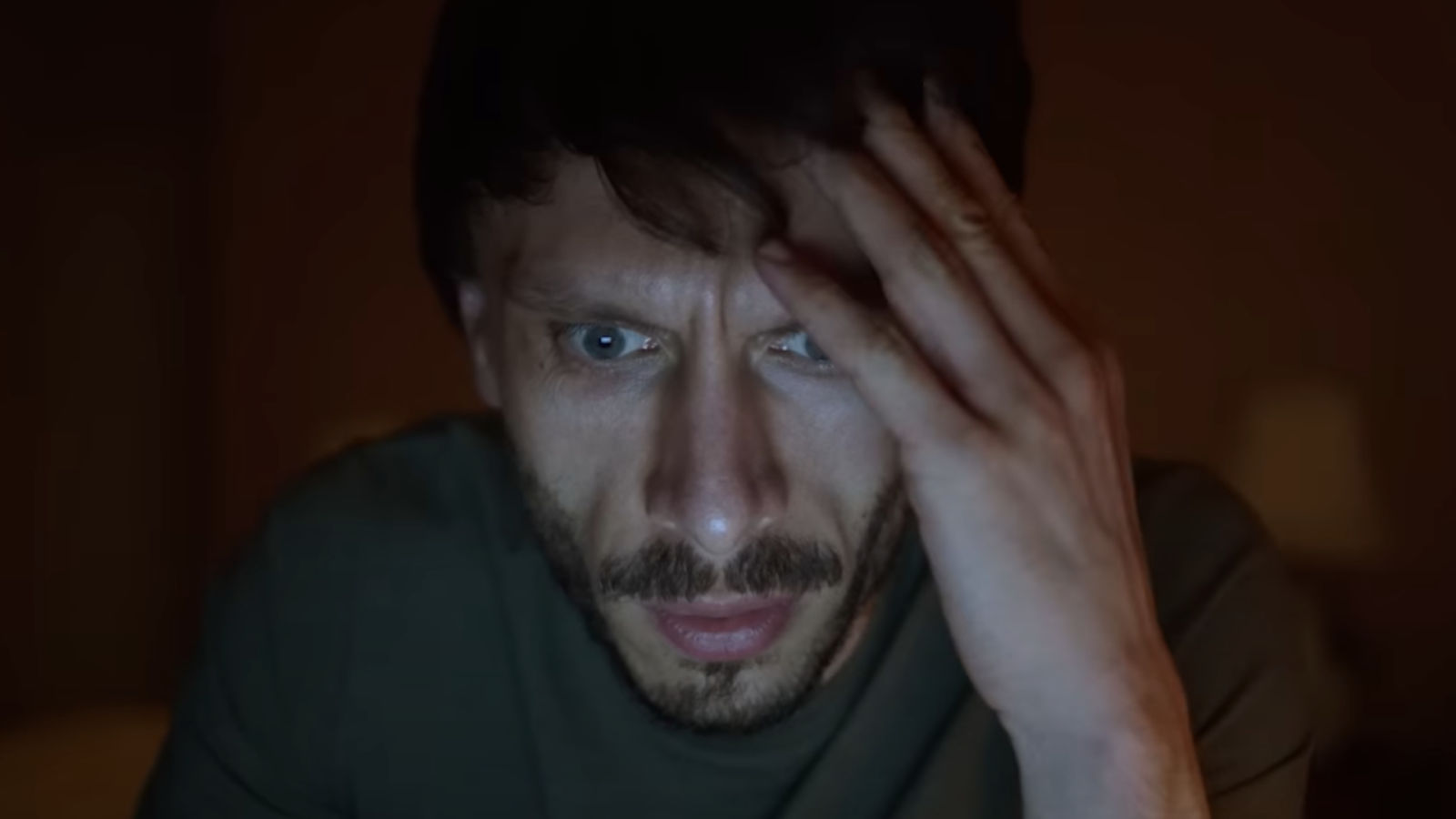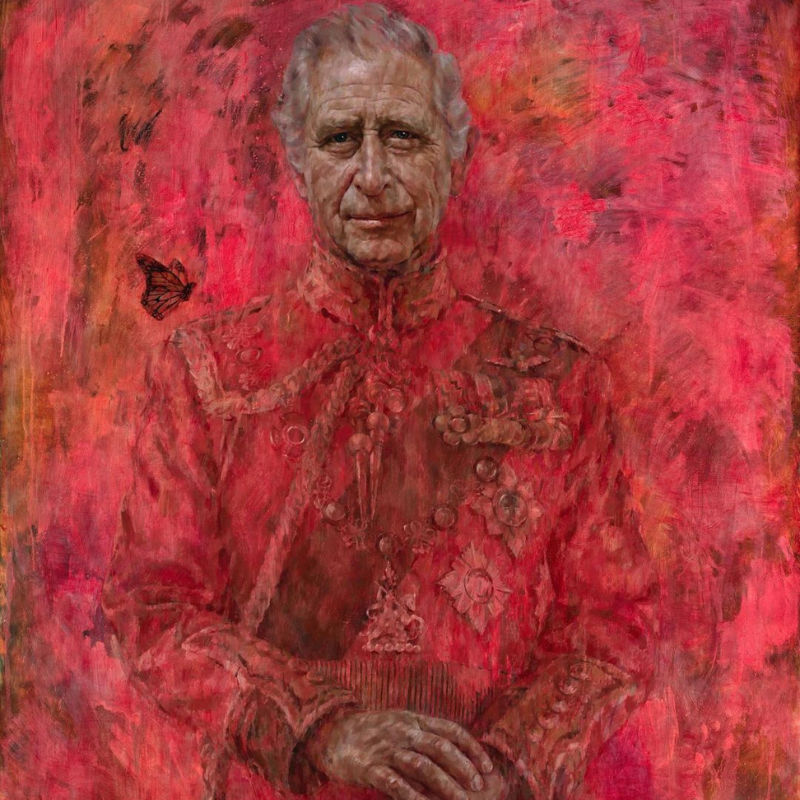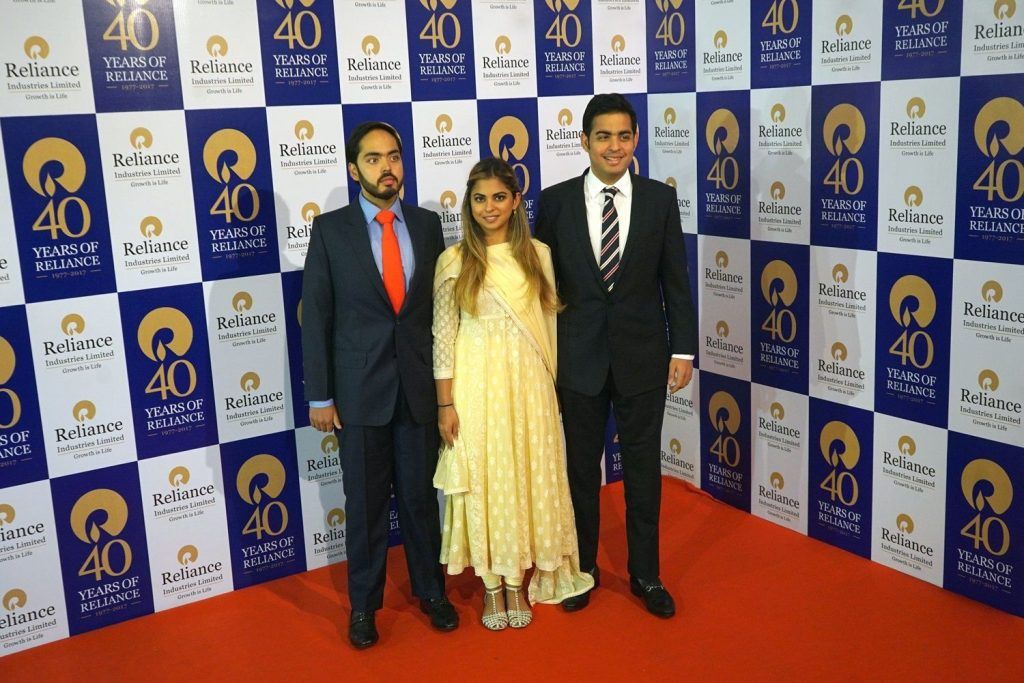Everyone loves a good tragedy, as indicated by the rapt attention that audiences devote to calamitous headlines. The same applies to fiction as television producers keenly understand, evidenced by the human capacity for curiosity in the morbid, perverse, and twisted, translating into the runaway success in Netflix’s latest miniseries by Scottish comic Richard Gadd, Baby Reindeer.
Much of its allure comes in the guise of the show’s premise of depicting some of the most distressing chapters from Gadd’s life, albeit with some berth of creative liberty. Playing the role of on-again-off-again standup comedian Donny Dunn himself, Baby Reindeer delves into the very depths of the increasingly intense mania and obsession inflicted by wayside lawyer Martha Scott, which spiralled into a four-year stalking incident that allegedly culminated with sexual assault and Scott’s conviction.
Baby Reindeer: A reminder of extremes when self-expression and personal privacy intersect
Give fans an inch and they’ll take a mile; with allusions to real-world incidents, it wasn’t long before the Internet let its foremost intrusive instincts take over. Amateur detective work led by Baby Reindeer faithfuls swiftly drew parallels between fact and fiction, mapping out the chronology of sordid events that led to the show’s creation. Inevitably, this translated to a witchhunt for the real-life Martha Scott, whose chipper conviviality belied an insidious compulsion.
As a common practice with shows mirroring real life, names and backgrounds are typically switched out and adequately altered to protect the identities of those they were inspired by, especially when criminal elements are involved. In this case, fiction did little good separating itself from fact when copies of real emails Gadd had received from his alleged stalker were used verbatim on the show.
Days after Baby Reindeer’s debut, 58-year-old Fiona Harvey was ousted by fans before being summarily put on trial in the court of public opinion.
Fiona Harvey’s trial by public opinion
To Gadd’s credit, he has attempted to quell the furor on social media by issuing a statement, telling viewers not to speculate on the real faces behind the hit show’s characters. It was a vain effort ultimately. The gavel came down with a decisive slam under the weight of a guilty verdict regardless, and Harvey was punished with a cruel but no less ironic barrage of spam calls and death threats by fans.
Infamy followed and with the hope of clearing her name and sharing her version of events, the 58-year-old agreed to appear on an interview segment with Britian’s most contentious press figurehead, Piers Morgan. The hour-long dialogue was uploaded to his YouTube channel, gaining quick traction by bagging an astounding 4.5 million views in less than 24 hours.
It is an uncomfortable watch from start to finish, a sentiment shared between Baby Reindeer and Harvey’s subsequent confrontation with Morgan. Repeatedly professing her innocence and denying culpability in the allegations that Gadd had raised in the miniseries, the Scotland native countered the established narrative with her purported truths.
No, she did not send Gadd 41,000 emails, only a handful. No, Gadd did not offer her a free cup of tea. He had intruded on a conversation she was having with a friend when they first met. And no, she was never infatuated with Gadd and did not stalk him. Conversely, Harvey pointed a finger at Gadd and claimed he was the one who propositioned her initially before being turned down.
Remaining relatively composed under scrutiny, she articulated her responses with clear diction and conviction. But Harvey predictably buckled under Morgan’s signature brand of no-nonsense, hardball scrutiny, with the senior broadcaster delivering quick ripostes and cross-examinations to tease out inconsistencies in her responses. For one, he pressed her for her law school grades, which she struggled to reveal despite initially telling him that she has a photographic memory.
Sensational as those soundbites may have been, it is the motivations behind this ruse that raise more alarm bells. Sure, there might have been some credence in Morgan’s desire to provide a platform for Harvey to clear the air over the allegations that now weighed upon her good name, but one glaring fact simply cannot be ignored — the signature stench of media exploitation wafting dangerously close in the periphery.
Baby Reindeer is a teachable moment in reflecting and reforming modern social codes
Bagging millions in viewership from a show that continues to retain pole position in the Netflix standings, Piers Morgan stands to benefit from an equal measure of ratings and ad revenue by piggybacking on the Baby Reindeer bandwagon. After all, a subsequent episode from his Piers Morgan Uncensored show even brought in expert opinions to determine the veracity of Harvey’s claims, stoking the flames further.
While Harvey was in a position to decline the offer to appear on his show, she points out that with an online onslaught banging down her front door, she wasn’t really left with a choice to turn down a soapbox opportunity to right perceived wrongs. But beyond that, one wonders if it was necessary to put her before the limelight from the very beginning. A veritable babe in the woods lacking media training or a full suite of PR professionals to protect her from the fallout, this humdrum civilian (one, whom if allegations prove true, is also mentally unwell and vulnerable) has to now contend with the burden of infamy on her own.
The interview presents a clutch of concerns to consider: which version of the accounts holds water, and was the show’s duty of care standards really up to par? Where the former is concerned, Baby Reindeer’s creative liberties will now have to take accountability for the real-world consequences that Harvey endures under the torment of the public and the press. While we can debate on Harvey’s culpability till the cows come home, we can all agree that nothing good can ever come from a public lynching.
As for the latter, it is unlikely that the real-life Martha Scott will be the last person from the show to be met with pitchforks, effectively setting a new precedent. Baby Reindeer also explores a period where Gadd was groomed and sexually abused by a television executive, and viewers will likely train their crosshairs from Harvey for this unnamed assailant soon enough. Although Netflix UK’s public policy director Benjamin King stresses that appropriate measures were taken to conceal the identities of those being portrayed, this media firestorm is evidence enough of that to be questionable at best.
But as audiences, we are perhaps most complicit of all, quick to contribute our rapt attention and engagement to disaster if only to lift us from the monotony of our lives. So much so that one can even argue that voyeuristic interest and groupthink have become an intrinsic part of modern social culture, with public personas being constructed and torn down in rapid succession within a scant period of mere days, granting little concern for the real lives it affects beyond the screen.
While we may be a long way from reforming these deeply ingrained tenets, one can hope that the massive and contentious success of Baby Reindeer will serve as a teachable moment and inspire reflection on how we share deeply personal experiences through public forums, as well as the extent to which freedom of expression and one’s inherent right to privacy intersect.
Disclaimer: The views and opinions expressed in this article belong solely to the author and do not necessarily reflect the views or positions of the publication or any entities they represent.
Feature and hero image credits: Netflix
















